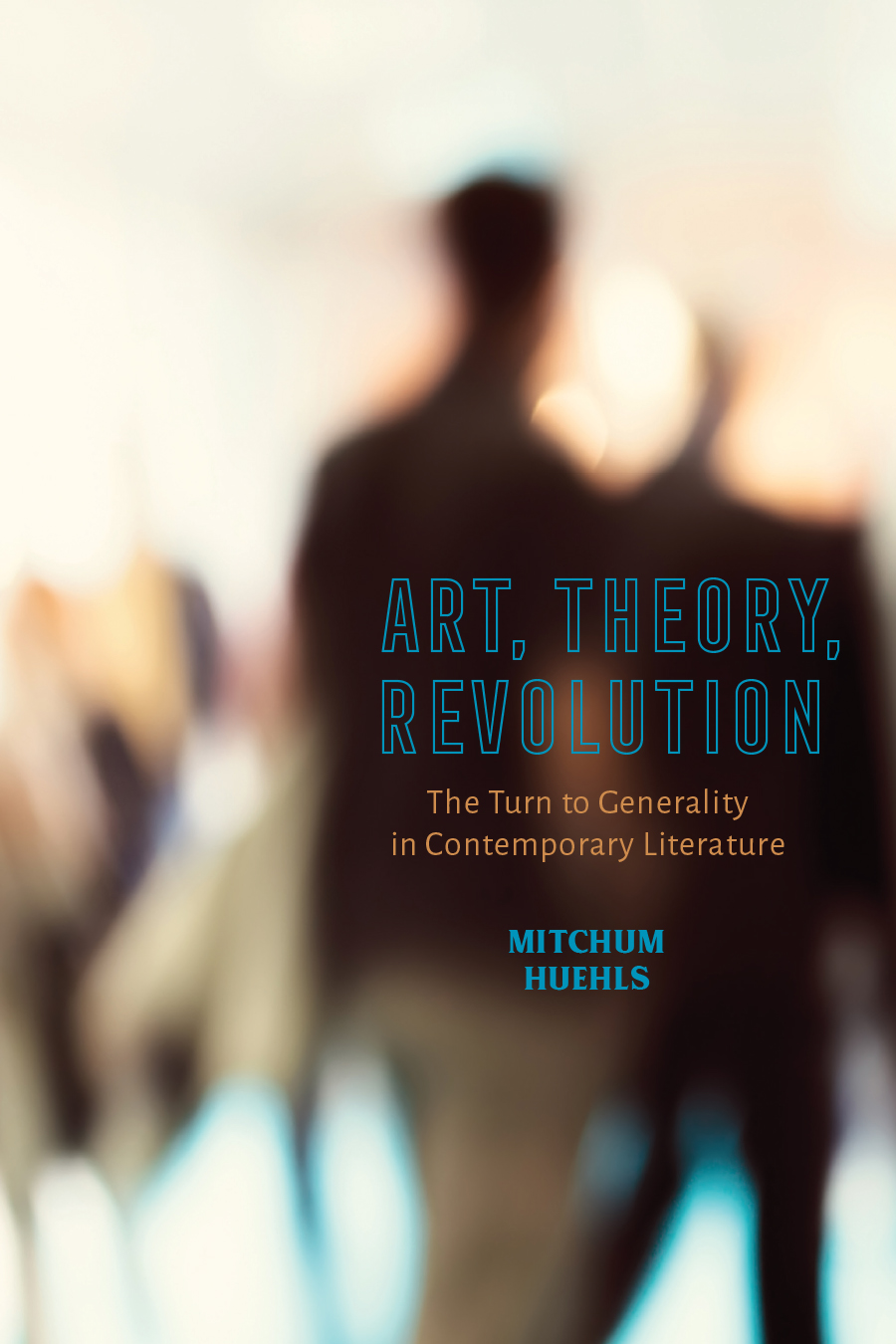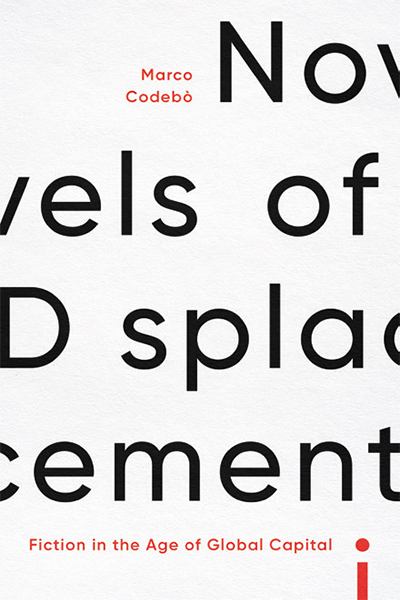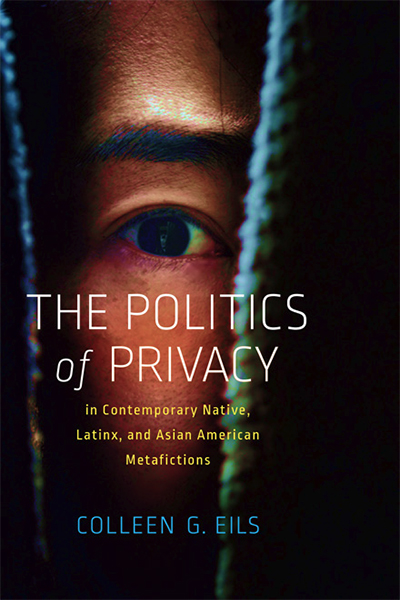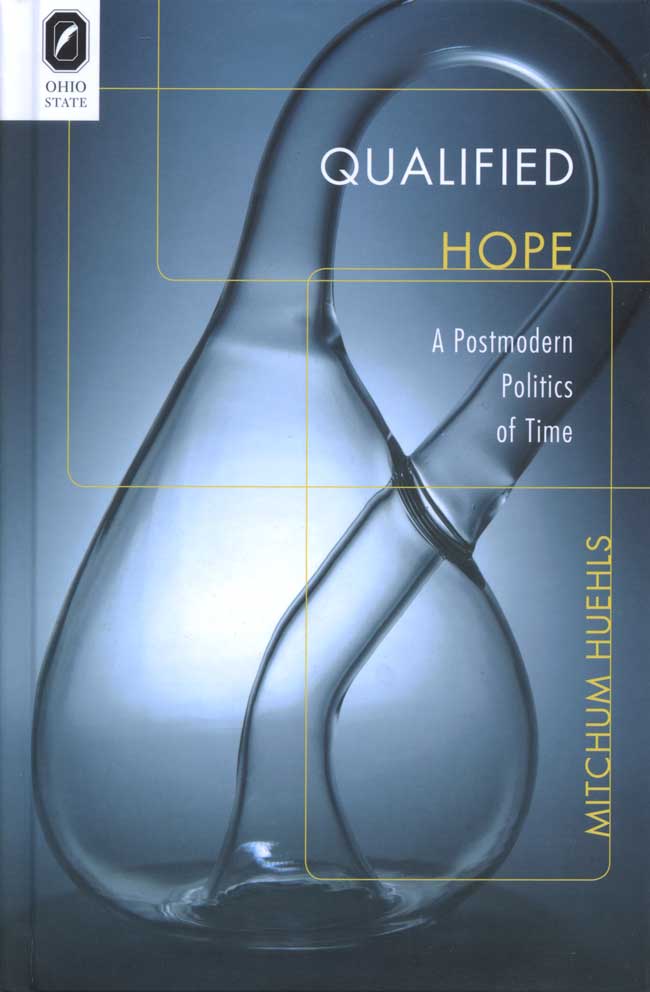“Striking and provocative … Scholars of contemporary literature, those interested in the fate of the arts under neoliberalism, and anyone interested in debates about the concepts of art, theory, or revolution will find much to engage with in this lively and densely argued book.” —Lee Konstantinou, Modern Fiction Studies
“Mitchum Huehls sets himself a difficult challenge in his deeply thoughtful and philosophically astute study … The work is ambitious, but because it is grounded in close attention to textual examples the ideas are lucid and convincing … The book will be of interest to anyone concerned with the ends of the postmodern, with form, politics, and the uses of art in the post-postmodern moment.” —Peter Sloane, Modern Language Review
“With theoretical capaciousness, thematic timeliness, and rhetorical clarity, Art, Theory, Revolution makes a much-needed intervention into ongoing discussions about fictional realism, historical fiction, and political forms. In this way, Huehls promises to enliven debates about how novels possess their own political agency and contribute aesthetically to the making of theory.” —Alexandra Kingston-Reese, author of Contemporary Novelists and the Aesthetics of Twenty-First Century American Life
“Huehls captures what’s exciting and unique about recent American fiction and remains clear-sighted despite dealing with difficult concepts in aesthetic theory, deconstructive thinking, and the politics of revolution. Art, Theory, Revolution breaks new ground in how we understand cultural production after postmodernism.” —Daniel Grausam, author of On Endings: American Postmodern Fiction and the Cold War
Can form be political? Do specific aesthetic and literary forms necessarily point us toward a progressive or reactionary politics? Artists, authors, and critics like to imagine so, but what happens when they lose control of the politics of their forms? In Art, Theory, Revolution: The Turn to Generality in Contemporary Literature, Mitchum Huehls argues that art’s interest in revolution did not end with the twentieth century, as some critics would have it, but rather that the relationship between literary forms and politics has been severed, resulting in a twenty-first century investment in forms of generality such as genre, gesture, constructivism, and abstraction. Focusing on three particular domains (art, theory, and revolution) in which the relationship between form and politics has collapsed, Huehls shows how twenty-first-century US fiction writers such as Chris Kraus, Percival Everett, Jonathan Safran Foer, Rachel Kushner, Salvador Plascencia, and Sheila Heti are turning to forms of generality that lead us toward a more modest, ad hoc, context-dependent way to think about the politics of form. The result is the first major study of generality in literature.
Mitchum Huehls is Associate Professor in the Department of English at UCLA. He is the author of After Critique: Twenty-First Century Fiction in a Neoliberal Age and Qualified Hope: A Postmodern Politics of Time and co-editor (with Rachel Greenwald Smith) of Neoliberalism and Contemporary Literary Culture.
Contents
Acknowledgments
Introduction The End of Everything, or the Political Vacillations of Form
Chapter 1 Art, Life Writing, and the Generic
Chapter 2 Theory, Metafiction, and Constructivism
Chapter 3 Revolution, Historical Fiction, and Gesture
Coda Mark Bradford and the Generality of Abstraction
Works Cited
Index





